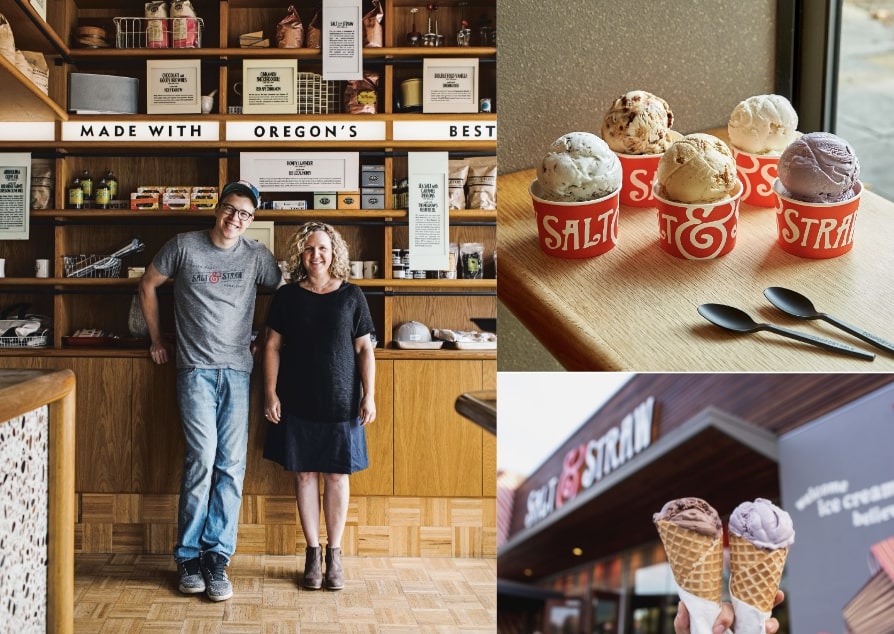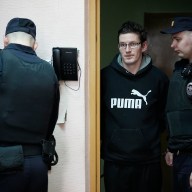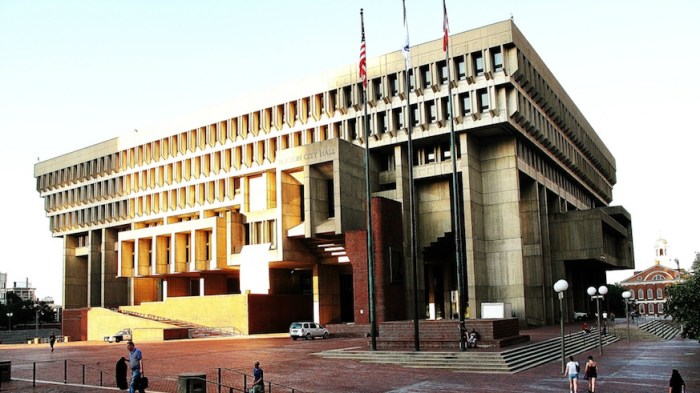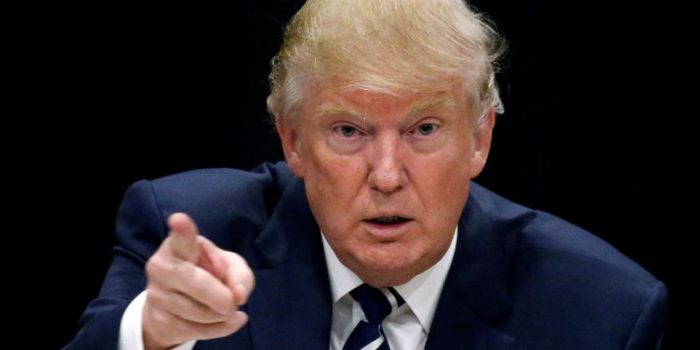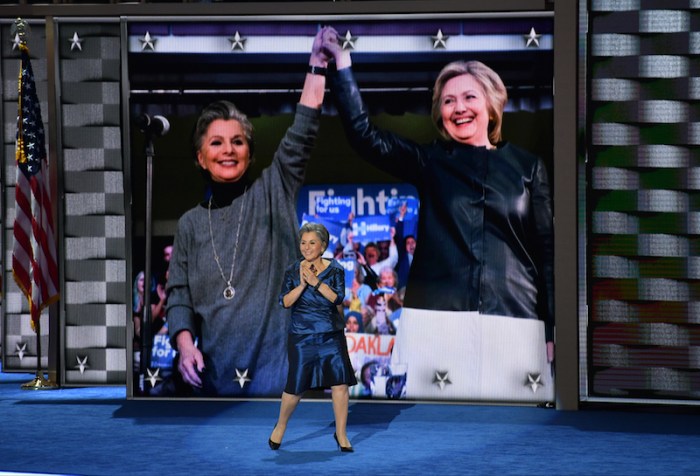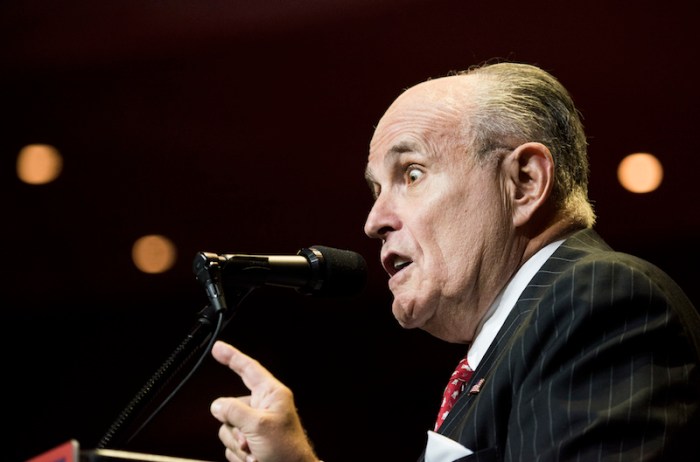Suffolk County overwhelmingly supported Hillary Clinton for president, with almost 80 percent of the vote, so it’s understandable that Boston-area residents are feeling surprised and saddened by the news of Donald Trump’s victory. Amidst the shock and upset, however, a sense of community and call-to-action has emerged, as residents attempt to deal with the outcome.
Auriel Haack, an 18-year-old freshman at Wellesley College—Clinton’s alma mater—said the tone on the women’s liberal-arts campus has been emotional but also encouraging.
“Everyone’s just been asking one another whether they’re OK, how they’re feeling. For a lot of people, how things are going back home is a big issue, because many of us including myself are from states that went red,” said Haack, who is from Jacksonville, Florida. “[Wellesley President] Paula Johnson spoke today and sent out a campus-wide email reassuring us that it wasn’t the end and that Wellesley women will continue to press on and do great things,” she said. With support from the school’s mental health educators and the dorms’ RAs, there’s move to create a sense of hope, she said.
“Some students are talking about going to protest or doing things to remain an active part of the political process despite the fact that the outcome of the presidential election is not what we hoped for,” she said. “The fact that people are still trying to contribute despite that is helpful.” A “Boston Against Trump” rally was quickly organized for Wednesday night thanks to such groups as Boston Socialist Students, Boston Socialist Alternative and the Boston Movement for the 99%.
Andy Moxley, of the Socialist Alternative, said that his group reacted quickly to organize a rally not just for their own interests—which includes mobilizing for a new political movement in general—but to give others a chance to take action at a time when they may feel helpless. “It’s a setback, but we shouldn’t be demoralized or in despair,” he said. “People are looking for answers, looking for what to do next, not just because it’s shocking—they’re shocked by the outcome but they’re also shocked by what Trump represents… We’re not helpless. We need to start mobilizing.” The outcome didn’t shock everyone. Much blame has been put on pollsters who predicted a strong Clinton win, but David Paleologos, director of the Suffolk University Political Research Center and a polling expert, pointed to a rising Trump momentum last week. What made the outcome so difficult to predict, he said, was that there were two groups of what he called “persuadables.” “You have the group of undecided voters, that’s 5 or 6 percent, then the group of third party voters, which was also 5 or 6 percent,” he said. “So because you have that additional pool of voters, of persuadables, you also have a higher volatility.” Of course, not everyone fears a Trump presidency. Corey Pray, president of the Boston University College Republicans, said there is an “optimistic feeling” among his group.
“We see this as a great opportunity for the new administration and Republicans in Congress to turn principle into policy and make a real difference for the country,” Pray said. “There is certainly some surprise too. I know many people, even Republicans, were not expecting Trump to receive the numbers he did in certain swing states.” Pray did say that he’s heard concerns from others in the BU community who were disappointed or upset in the results and he said that he “understand[s] the pain of a tough election loss.”
“I hope to reassure those people that any presidential administration needs to work for all Americans and that their voice still matters very much,” he said.
Sense of community eases post-election disappointment for Boston-area students
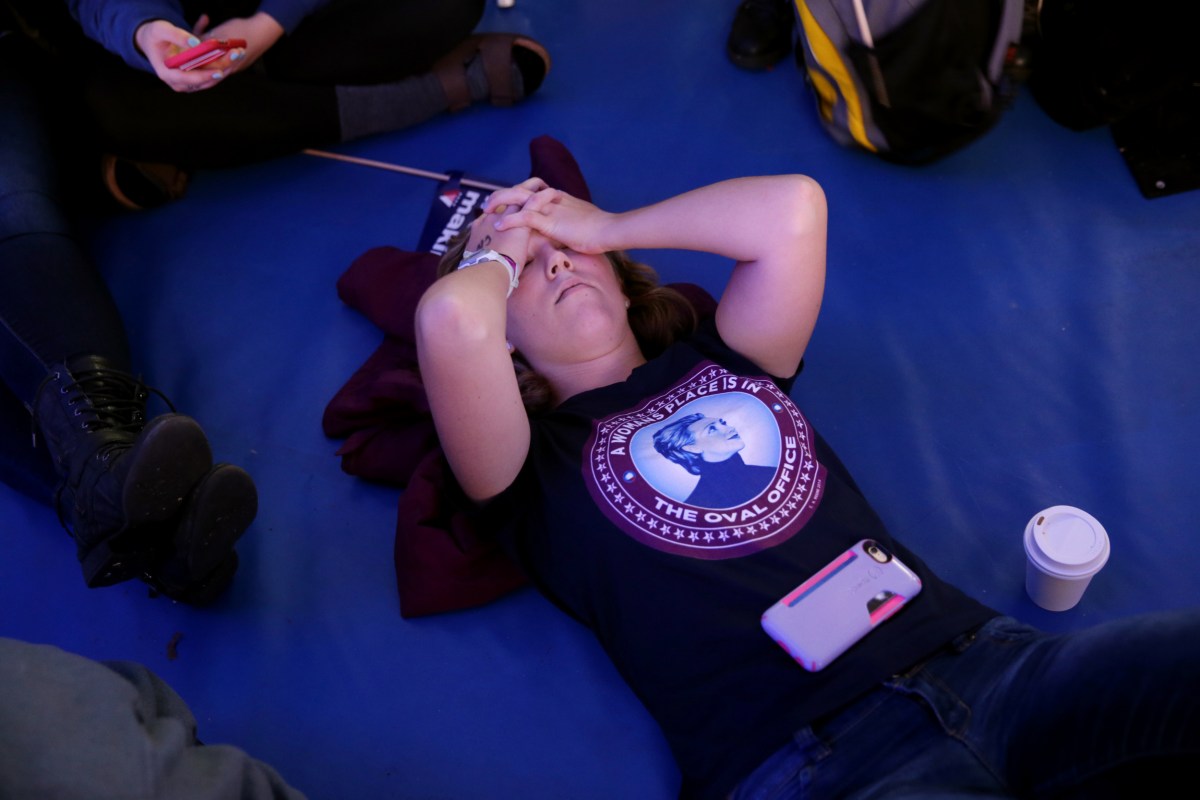
Getty Images






